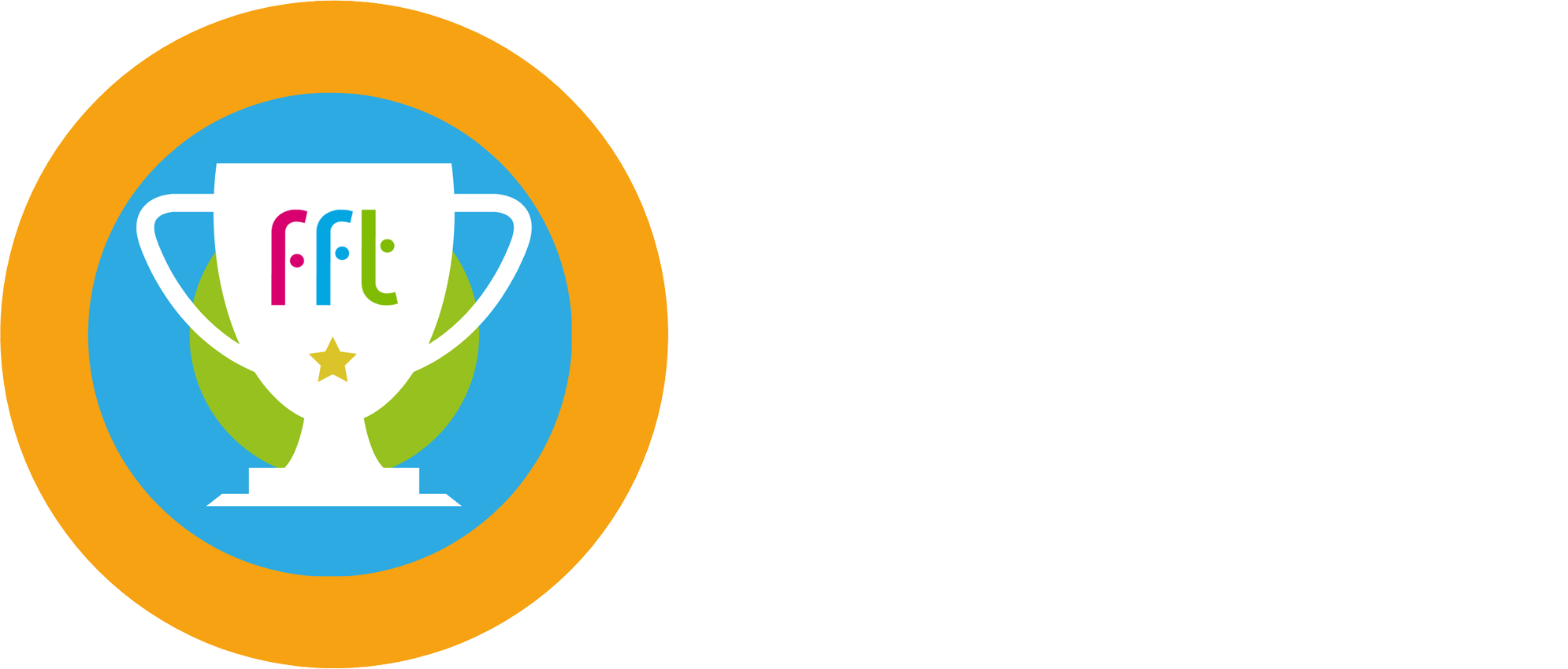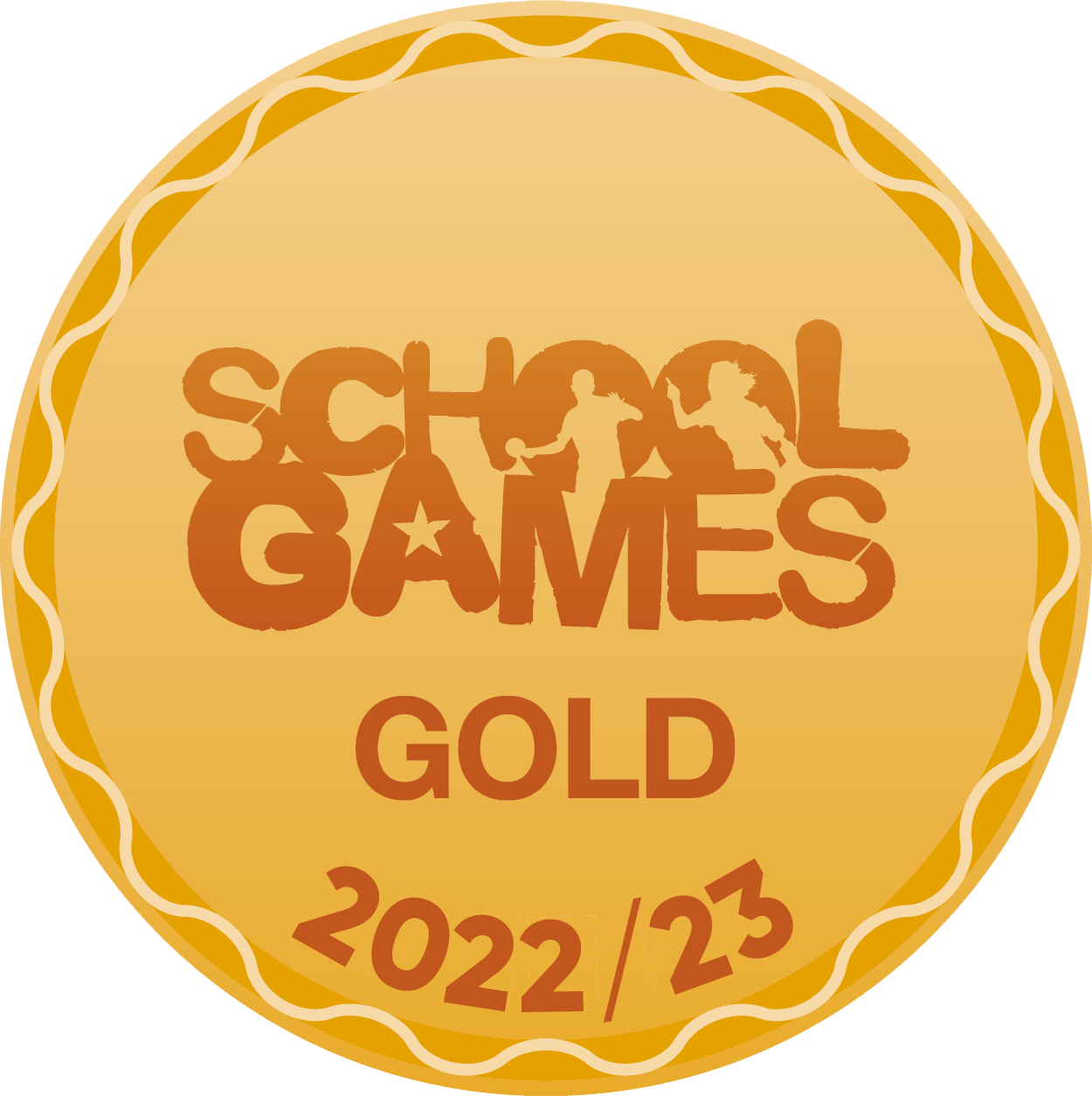Statement of intent, implementation and Impact
The Life Curriculum, which covers PSHCE, has been designed to enable our students to thrive in a time of rapid change, with new and unpredictable opportunities and challenges constantly emerging. The curriculum has been carefully designed as a context through which to develop not only knowledge, but the values and skills as set out below. Although the specific content of this programme will evolve with the needs of our students as the world around them changes, these values and skills are a constant.
The curriculum maps the statutory content across key stage 3 & 4, ensuring we have appropriate breadth and depth of key content. Lesson construction and delivery is heavily influenced by our social context as a school, thus allowing us to challenge misconceptions and engage students in meaningful content that relates to their lives in school and beyond. We take seriously our role in broadening horizons, introducing alternative viewpoints and presenting an holistic view of the key content covered.
Our aims for the Life curriculum also reflect the PSHE Association syllabus which is to equip students to live healthy, safe, productive, capable, responsible and balanced lives through core themes of health and wellbeing, relationships and living in the wider world. Our intention is to provide an academic PSHCE curriculum that provides opportunities for students to reflect on, and clarify, their own values and attitudes and explore a more complex and sometimes conflicting range of values and attitudes they encounter now and in the future.
Within the Life lessons, we place an importance on the development of our students as well rounded citizens equipped with the knowledge and skills to be successful beyond the classroom. In line with the national curriculum on citizenship we ensure coverage of British law and the justice system, financial planning and management, being positive members of the community and the liberties enjoyed by citizens of the United Kingdom and how this compares to other countries globally. Other aspects of citizenship are covered through the wider curriculum, assemblies and the schools CARE agenda which is promoted through form times.
British values, SMSC and our own CARE agenda (from our core values of Community, Achievement, Respect and Equality) are reflected and mapped through the content and sequencing of the curriculum across both key stages 3 & 4. Where appropriate, there are classroom links with the weekly themes of the CARE agenda which underpin assemblies and form time across the academy. The key content of the Life curriculum is interwoven across the five year program with material taught in an age appropriate manner and revisited in a timely fashion across years 7-11.
Implementation
The three core themes are covered in our KS3 and KS4 curriculum. The intention is that students will have opportunities to revisit their learning about Health and wellbeing, Relationships and Living in the Wider World in order to build on, and deepen, prior knowledge and understanding as they progress throughout their time at the academy. In both Key stage 3 and 4, the curriculum model has been designed to ensure coverage of the statutory requirements, and is in line with the PSHE Association guidelines. Curriculum maps track how the Life department is effectively covering these guidelines through the key content taught.
The department has strong links with the professional association for PSHCE. This allows the Life department to access all the subject specific support and up to date guidance available. All Life teachers are routinely supported through relevant, in-school training and have access to a wide range of suitable and relevant resources. Our curriculum resources are constructed in line with guidance from the PSHE Association, and are adapted to the needs of our school context, thus ensuring they are relevant and appropriate to our students. Life teachers work as a team to plan, and quality assure, these lessons, and each subject teacher will adapt them in accordance with the needs of their classes. Consultation has also taken place with pastoral leads in school regarding which topics might be particularly important to our students.
The quality of teaching and learning in Life lessons creates a positive environment which is safe and interesting and excites students to be inquisitive and listen to others. The curriculum is engaging and varied using scenarios, reading tasks, age appropriate videos and research that is relevant to our students and our school setting. We have amended the schemes of work at both KS3 and KS4 to include the new Relationships Education, Relationships and Sex Education (RSE) and Health Education’ to follow statutory guidelines. This ensures that the students are very well-equipped for the next stage of their education or employment.
Reading and literacy skills are also a key focus of the curriculum and are tracked through the scheme of work. Lessons regularly provide opportunities for reading and comprehension of texts, which act as a springboard for discussions within the lesson. This is supported by a wide variety of case studies, newspaper articles, and silent starter reading activities that are embedded into Life lessons. Additionally, students will regularly be provided with tier 2 vocabulary and asked to clarify it and use it within the correct context in lessons.
Teachers in the department encourage students to use a green pen approach to add to their work throughout the lesson and expand their knowledge through revisiting tasks. Questioning is a key tool used throughout the department and students feel safe and valued when answering and discussing in class.
Impact
Student Voice:
Student Voice is a valuable means of assessing the appropriateness and validity of the content and approach within the Life Curriculum. Student voice will take place across the Academy at the end of each section of the Life Curriculum (Health & Wellbeing, Wider World and Relationships). This will be carried out via Google Forms and discussed by the Life Curriculum teams. Student voice at Hall Cross Academy suggests the curriculum is enjoyed by students, students recognise that they learn a lot in their lessons and the topics covered in PSHCE are relevant.
Peer and self assessment:
Students are regularly encouraged to peer and self assess their work in lessons. Students will mark each other’s answers when they have responded to certain questions using purple pens. Students are given the opportunity to then develop their own answers to enhance and deepen their understanding. Students are encouraged to regularly use a green pen approach to develop answers and peer assess their own work as the lesson progresses. Furthermore, within the lessons, teachers will mark aspects of student’s work to address any misconceptions and deepen students’ knowledge and understanding.
Target Groups:
The Life Curriculum medium term plans evidence clear differentiation to enable all cohorts of students to access the content. This includes differentiated resources in lessons, and differentiated questioning throughout all planning stages. A variety of media resources are selected to appeal to all groups, and there is significant variation in the medium for delivery of content across the course of study. Literacy development is a key focus throughout the Life Curriculum as is high level discussion and debate.





